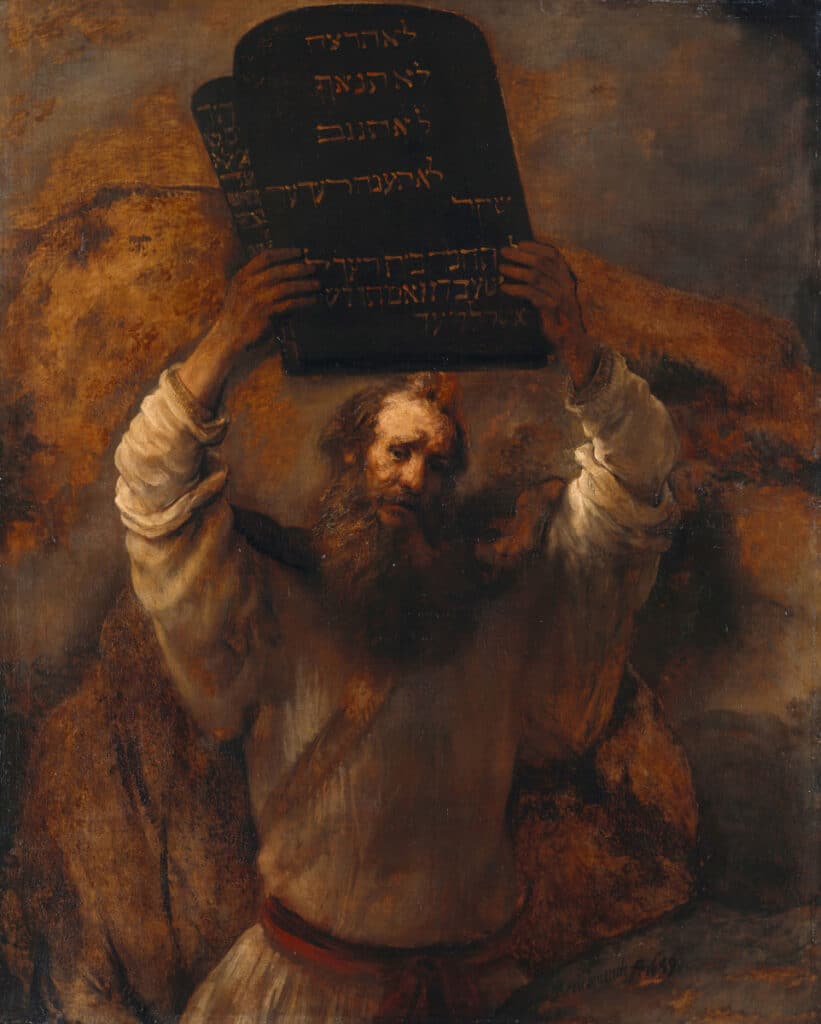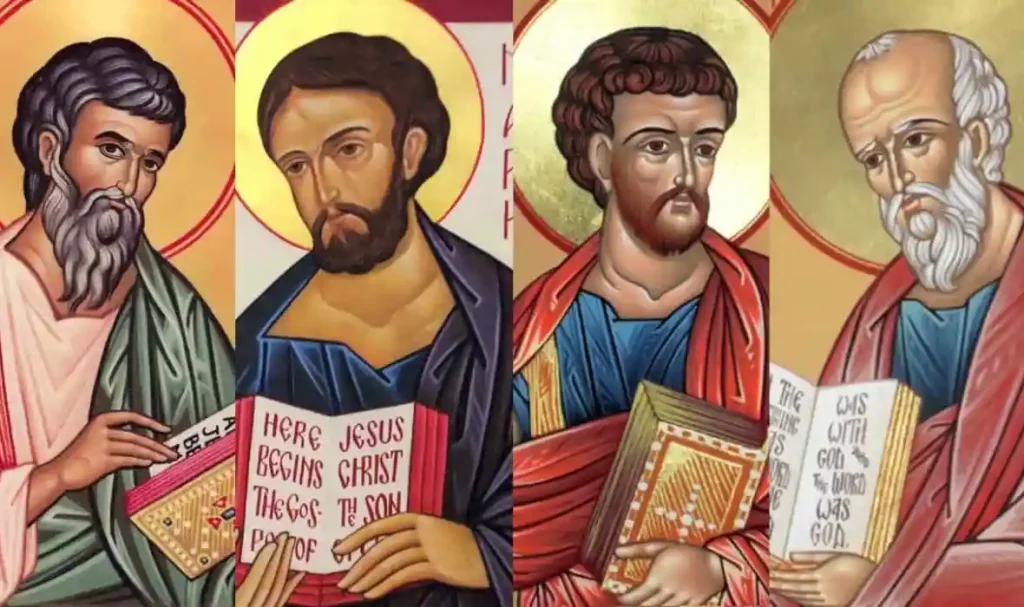Who wrote the Bible- Throughout the centuries, the Bible has been read by billions of people, and its pages have been extensively studied by scholars, while rabbis, ministers, and priests have devoted themselves to interpreting, teaching, and preaching from its teachings. As a sacred text for Judaism and Christianity, as well as other religions, the Bible has had an unparalleled impact on literature, particularly in the Western world. It has been translated into almost 700 languages and is widely regarded as the world’s best-selling book, although exact sales figures are difficult to ascertain.
Despite its undeniable influence, the Bible’s origins remain shrouded in mystery. After almost 2,000 years of existence and centuries of investigation by biblical scholars, we still lack definitive answers about who wrote its various texts, when they were written, and under what circumstances.
Table of Contents
Old Testament: The Single Author Theory
The Hebrew Bible, also known as the Old Testament, recounts the history of the people of Israel over a span of approximately one thousand years. It begins with God’s creation of the world and humanity and includes stories, laws, and moral teachings that are foundational to religious life for both Jews and Christians.
For at least a millennium, both Jewish and Christian traditions maintained that a single author wrote the first five books of the Bible: Genesis, Exodus, Leviticus, Numbers, and Deuteronomy, collectively known as the Torah (meaning “instruction” in Hebrew) and the Pentateuch (meaning “five scrolls” in Greek). This author was believed to be Moses, the Hebrew prophet who led the Israelites out of captivity in Egypt and guided them through the Red Sea toward the Promised Land.
Right from the start, Bible readers have noted that there are certain events in the Five Books of Moses that Moses could not have personally witnessed, such as his own death, which is recorded towards the end of Deuteronomy. In fact, a section of the Talmud, a compilation of Jewish laws compiled between the 3rd and 5th centuries A.D., addresses this discrepancy by proposing that Joshua, Moses’ successor as leader of the Israelites, might have written the passages regarding Moses’ death.

RELATED: 20 Bible Verses For Anxiety, Worry, Fear, And Stress
According to Joel Baden, a professor at Yale Divinity School and the author of The Composition of the Pentateuch: Renewing the Documentary Hypothesis, the notion that Joshua wrote the verses about Moses’ death is just one of many opinions. However, it is noteworthy that the question of whether Moses could have authored those verses is already being raised.
By the 17th century, when the Enlightenment was underway, most religious scholars had begun to seriously question the idea that Moses was the author of the first five books of the Bible, as well as the idea that any single author could have been responsible for the entire Bible. These books contained conflicting and repetitive material and often presented different versions of the Israelites’ story even within the same section of text.
According to Baden, a prime example of this perplexity is the account of Noah and the flood (Genesis 6:9). “As you read through it, you encounter contradictions and inconsistencies,” he explains. “For instance, one sentence says Noah took two of every animal on the ark, while another sentence says he took two of some animals and fourteen of others. Likewise, the duration of the flood is given as 40 days in one passage, and 150 days in another.”
Today, most scholars concur that the Bible’s incongruities, repetitions, and peculiarities were transmitted orally through prose and poetry over the centuries. Starting from the 7th century B.C., different groups, or schools, of authors documented them at different times. Eventually, they were combined, probably during the 1st century B.C., into the single, multi-layered work we recognize today.
The Old Testament: Various Schools of Authors
The Bible’s first five books are made up of three significant blocks of source material. The first block, known as “P,” was thought to have been written by a group of priests or priestly authors. A second block, called “D,” represents the author(s) of the majority of the book of Deuteronomy. “Both blocks are not very much related to each other, except that they narrate the story of Israel’s early history and give laws,” Baden explains.

According to some scholars, including Baden, the third major block of source material in the Torah can be classified into two different, equally coherent schools based on the word each uses for God: Yahweh and Elohim. The stories that use Elohim are designated as “E,” while those that use Yahweh are referred to as “J.” Other scholars do not agree on two complete sources for the non-priestly material. Instead, as Baden suggests, they observe a much more gradual process, in which content from numerous smaller sources was amalgamated over an extended period.
RELATED: Healing bible verses
Who wrote the Gospel?
Just as the Old Testament chronicles the story of the Israelites in the millennium or so leading up to the birth of Jesus Christ, the New Testament records Jesus’s life, from his birth and teachings to his death and later resurrection, a narrative that forms the fundamental basis of Christianity. Beginning around 70 A.D., about four decades after Jesus’s crucifixion (according to the Bible), four anonymously written chronicles of his life emerged that would become central documents in the Christian faith. Named for Jesus’s most devoted earthly disciples, or apostles—Matthew, Mark, Luke, and John—the four canonical Gospels were traditionally thought to be eyewitness accounts of Jesus’s life, death, and resurrection.

For over a hundred years, scholars have reached a consensus that the Gospels, among other books of the New Testament, were not authored by their supposed writers. It is widely accepted that the foundational stories of Christianity were originally transmitted through oral tradition, passed on from one generation to the next, prior to their eventual collection and written documentation.
RELATED: Bible Verses About Strength
According to Bible scholar Bart Ehrman in his book Jesus, Interrupted, the names attached to the titles of the Gospels, such as “the Gospel according to Matthew,” were added later by editors and scribes to identify the supposed authorities behind the different versions. As for the New Testament books attributed to Paul the Apostle, scholars now believe only seven of his epistles to be authentic, written between A.D. 50-60, with the later ones likely authored by followers using his name for credibility.
By the 4th century A.D., Christianity had become the dominant religion in the Western world, with the New and Old Testaments serving as its most sacred texts. Despite the ongoing and complex debate over its authorship, the Bible has only grown more central to the lives and faiths of millions of people around the world over the centuries.













